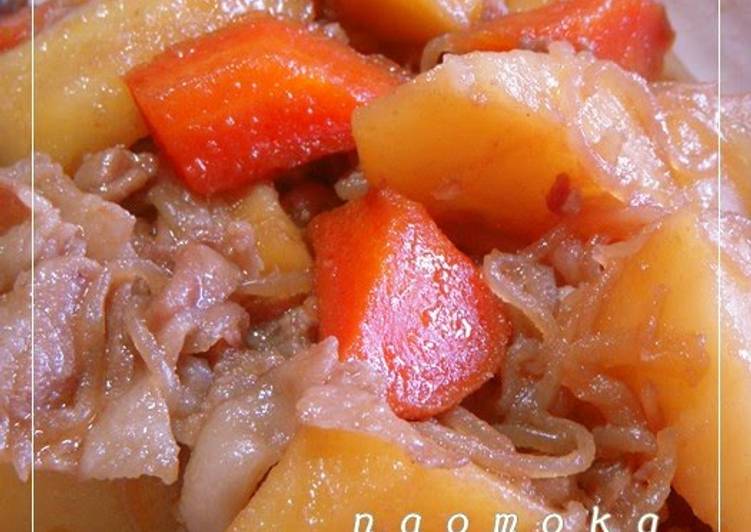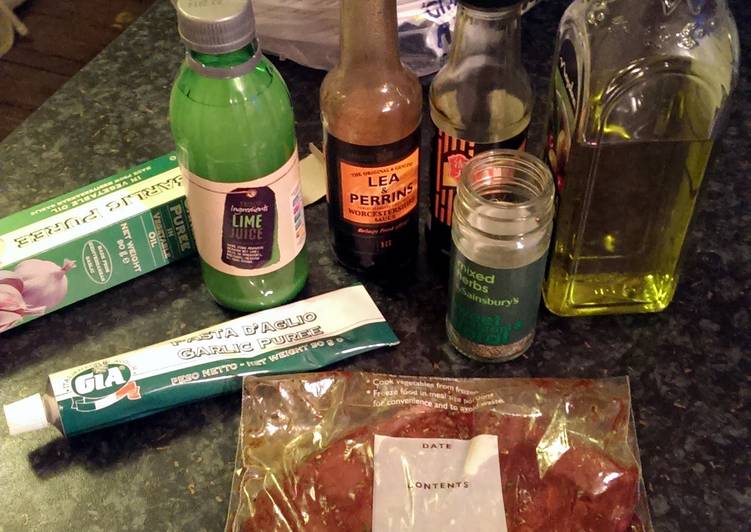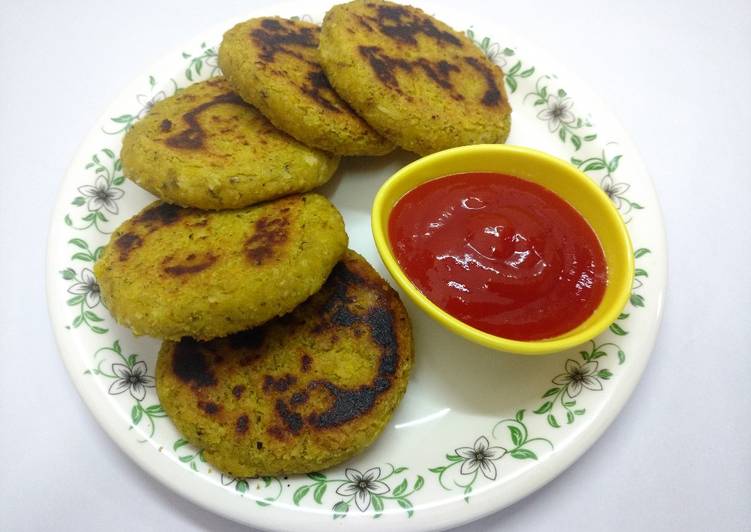
Hey everyone, it is Brad, welcome to our recipe site. Today, we’re going to prepare a special dish, using our family's golden ratio nikujaga: our staple stew. It is one of my favorites food recipes. For mine, I will make it a little bit tasty. This will be really delicious.
Using Our Family's Golden Ratio Nikujaga: Our Staple Stew is one of the most favored of recent trending meals in the world. It is appreciated by millions every day. It’s simple, it’s quick, it tastes yummy. Using Our Family's Golden Ratio Nikujaga: Our Staple Stew is something that I’ve loved my entire life. They are fine and they look fantastic.
Nikujaga is one of the most popular Japanese comfort food, the delicious dish includes sliced beef slow Unlike Western stews, the simmering time is much shorter because nikujaga uses thinly sliced meat. Kelley wrote: Thanks for the Nikujaga recipe! From Kansai, our family likes it sweeter, and.
To begin with this recipe, we have to first prepare a few ingredients. You can cook using our family's golden ratio nikujaga: our staple stew using 9 ingredients and 6 steps. Here is how you cook that.
The ingredients needed to make Using Our Family's Golden Ratio Nikujaga: Our Staple Stew:
- Take 400 grams Thinly sliced and coarsely chopped beef or pork
- Take 6 large Potatoes
- Prepare 1 large Carrot
- Take 1 large Onion
- Make ready 1 bag Shirataki noodles
- Get Golden Ratio Soup
- Prepare 400 ml Water
- Prepare 4 tbsp each Soy sauce, sake, mirin, sugar
- Make ready 1 tbsp Dashi stock granules
This time, we will add a minimum amount of water to bring out the maximum flavor. Potatoes used in Nikujaga are anything you like. If you like soft and fluffy, use Russet potatoes. Here as well, thin beef is used for Nikujaga too.
Steps to make Using Our Family's Golden Ratio Nikujaga: Our Staple Stew:
- Cut the potatoes and carrot up roughly into fairly large pieces. Cut the onion into wedges. Wash the shirataki noodles and cut into smaller pieces.
- Heat up a wok with 2 tablespoons of oil over high heat. Add the meat and stir fry until brown then add the cut up vegetables and stir fry briefly.
- Add the soup ingredients. When it comes to a boil, skim off the scum and mix in the shirataki noodles. Put a small lid right on top of the simmering food (otoshibuta) and continue simmering over medium-high heat for a total of about 20 minutes, until there is almost no liquid left in the pan.
- Mix up from the bottom after 10 minutes of simmering. Put the small lid back on and continue simmering for 10 more minutes, keeping an eye on it.
- When there is no more simmering liquid, turn off the heat and let it stand with the small lid still on to let it steam a bit so more flavor will be absorbed. This step is important!
- Finished. Even with this amount, our family usually gets through it in no time.
This nikujaga recipe is made by adding sukiyaki beef, potato, and other root vegetables to a dashi soup stock and letting it stew. Our family loves this recipe very much and it is even better w/several TBS more sugar and a few shakes more soy sauce. Nikujaga is not meant to be a hearty beef stew. Rather the bulk of the dish is supposed to be the potatoes while the beef is there merely to flavor the broth. Nikujaga is Japanese comfort food that is often cooked at home, and it is one of the most popular dishes in the family of Japanese stewed dishes, called Admiral Heihachiro ordered the base's chefs to make him a beef stew, and since wine and butter were scarce, the chefs used soy sauce and.
So that’s going to wrap this up with this special food using our family's golden ratio nikujaga: our staple stew recipe. Thanks so much for your time. I am sure you can make this at home. There’s gonna be more interesting food in home recipes coming up. Remember to save this page on your browser, and share it to your family, colleague and friends. Thank you for reading. Go on get cooking!

